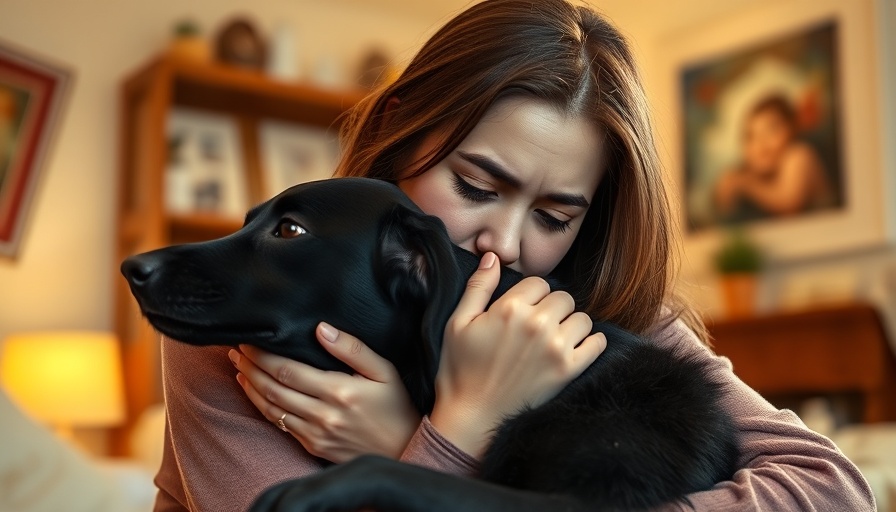
When Chocolate Becomes a Danger to Dogs
As a pet owner, one of the most alarming situations you may face is when your furry friend gets into chocolate. Chocolate toxicity in dogs is a very real concern, stemming from certain substances that are harmless to humans but can be life-threatening to pets. The main culprits are theobromine and caffeine, both of which can cause a host of health issues, including rapid heart rate and seizures.
Recognizing Chocolate Poisoning Symptoms
If you suspect that your dog has consumed chocolate, it's crucial to identify the symptoms as quickly as possible. Monitoring for signs such as vomiting, diarrhea, increased heart rate, and excessive urination within the first 12 hours can significantly impact the outcome. In severe cases, if left untreated, symptoms could progress to cardiac failure or even coma.
Importance of Immediate Action
It cannot be stressed enough that early intervention can often result in a much better prognosis for your pet. Vets recommend contacting them immediately if you notice any symptoms or if you suspect chocolate ingestion. If the dog consumed chocolate within the last couple of hours, veterinary professionals may induce vomiting to prevent further toxin absorption.
How to Calculate Your Dog’s Risk
The risk factors include the type of chocolate consumed and the size of your dog. For instance, white chocolate is less dangerous than dark chocolate. A general guideline is that 20mg of methylxanthines per kilogram of body weight may lead to mild symptoms, while dosages above 60mg can induce seizures. Using a chocolate toxicity meter can help pet owners better understand the risks based on their dog's size and the type of chocolate.
Preventative Measures for Pet Owners
Preventing access to chocolate is the best strategy. Storing foods securely, educating friends and family about pet safety, and using commands like "leave it" during walks or family gatherings can significantly reduce the risk of chocolate ingestion. Remember, a dog-friendly treat like carob can satisfy their cravings without the dangers of chocolate.
In conclusion, as much as chocolate is a beloved treat for humans, it poses a serious health risk to dogs. Understanding these dangers, recognizing the symptoms of toxicity, and knowing how to respond can save your dog’s life. Always remember, proactive pet ownership is the key to a happy and healthy pup.
 Add Row
Add Row  Add
Add 



 Add Row
Add Row  Add
Add 

Write A Comment